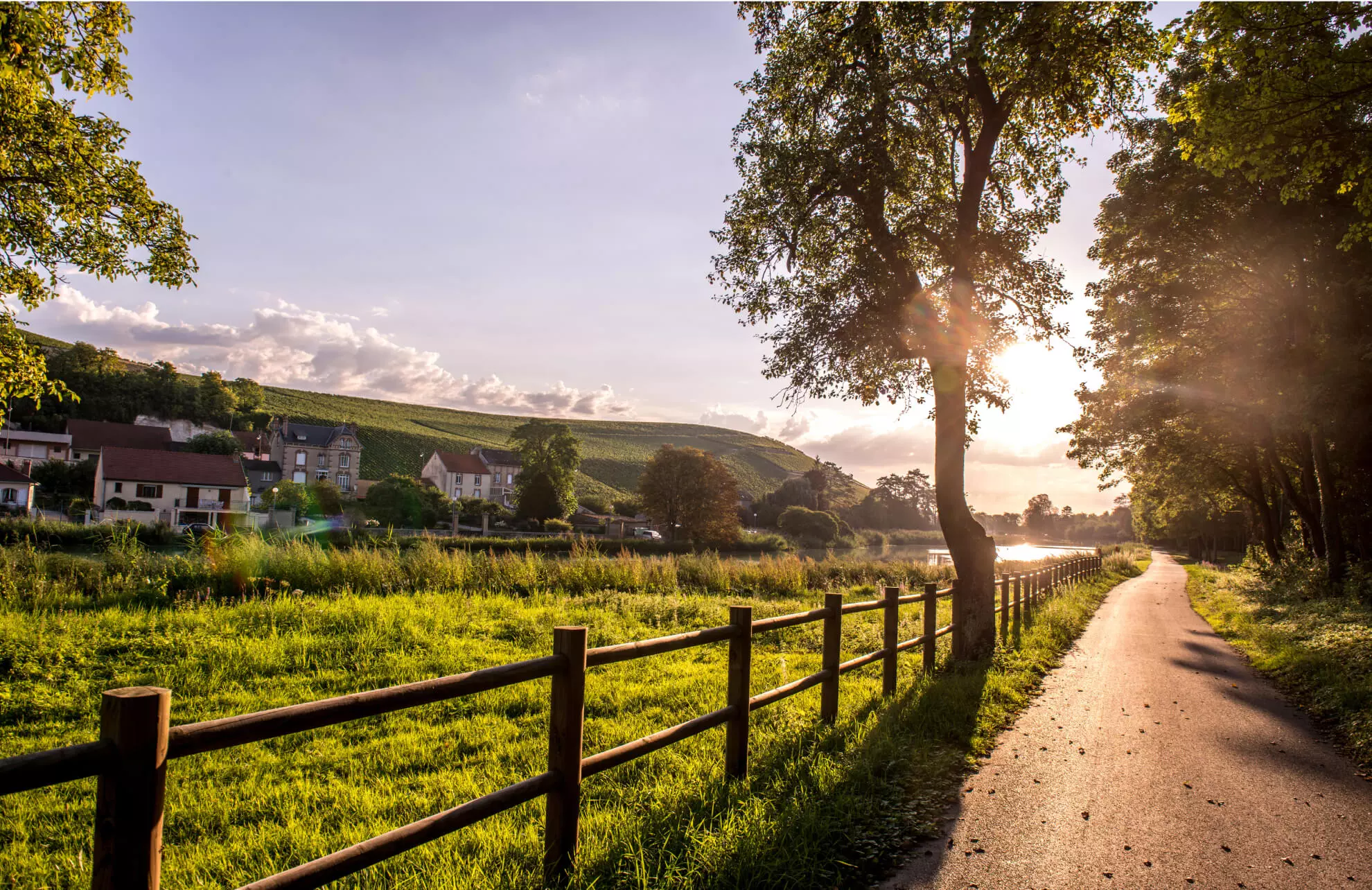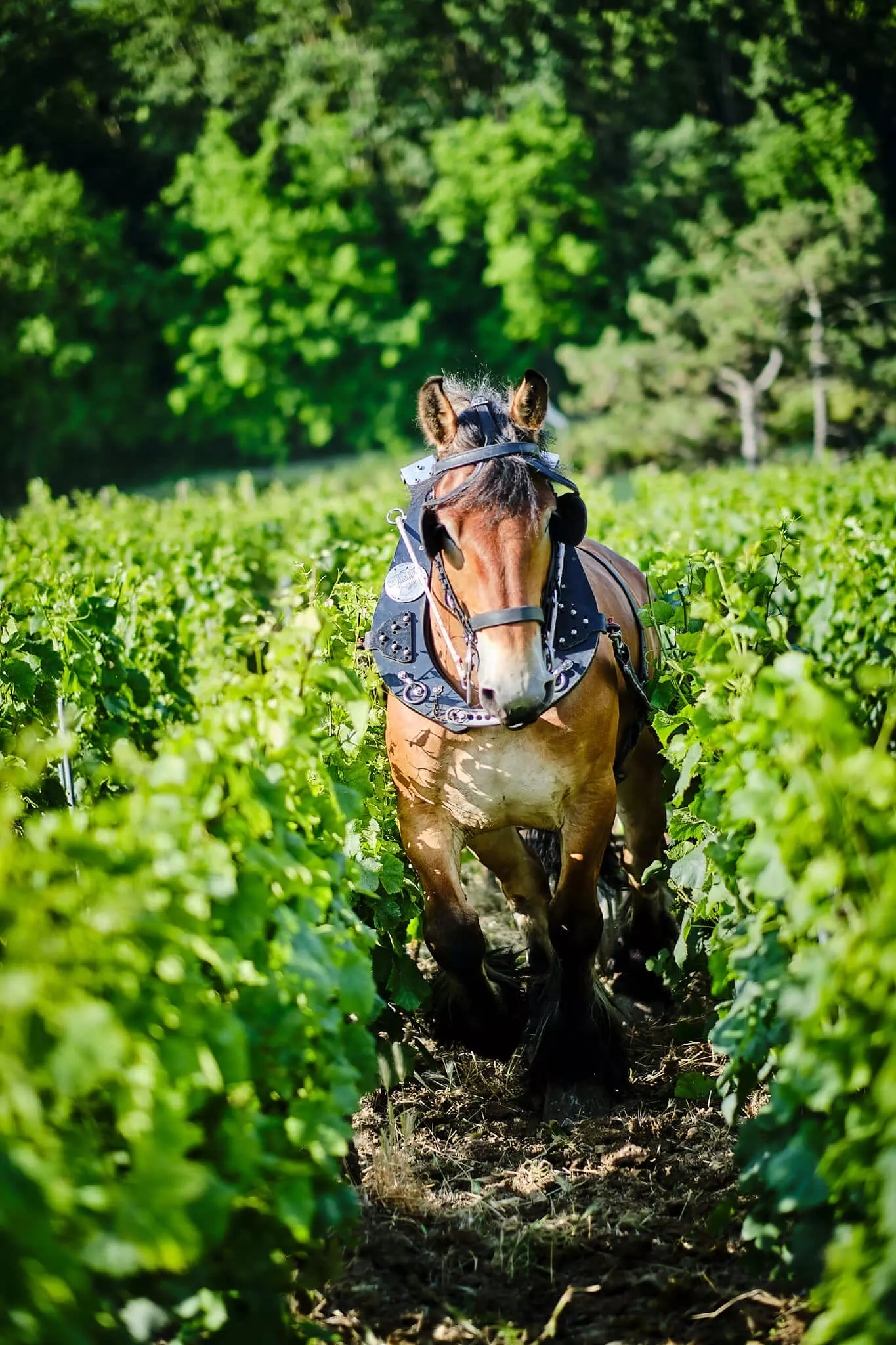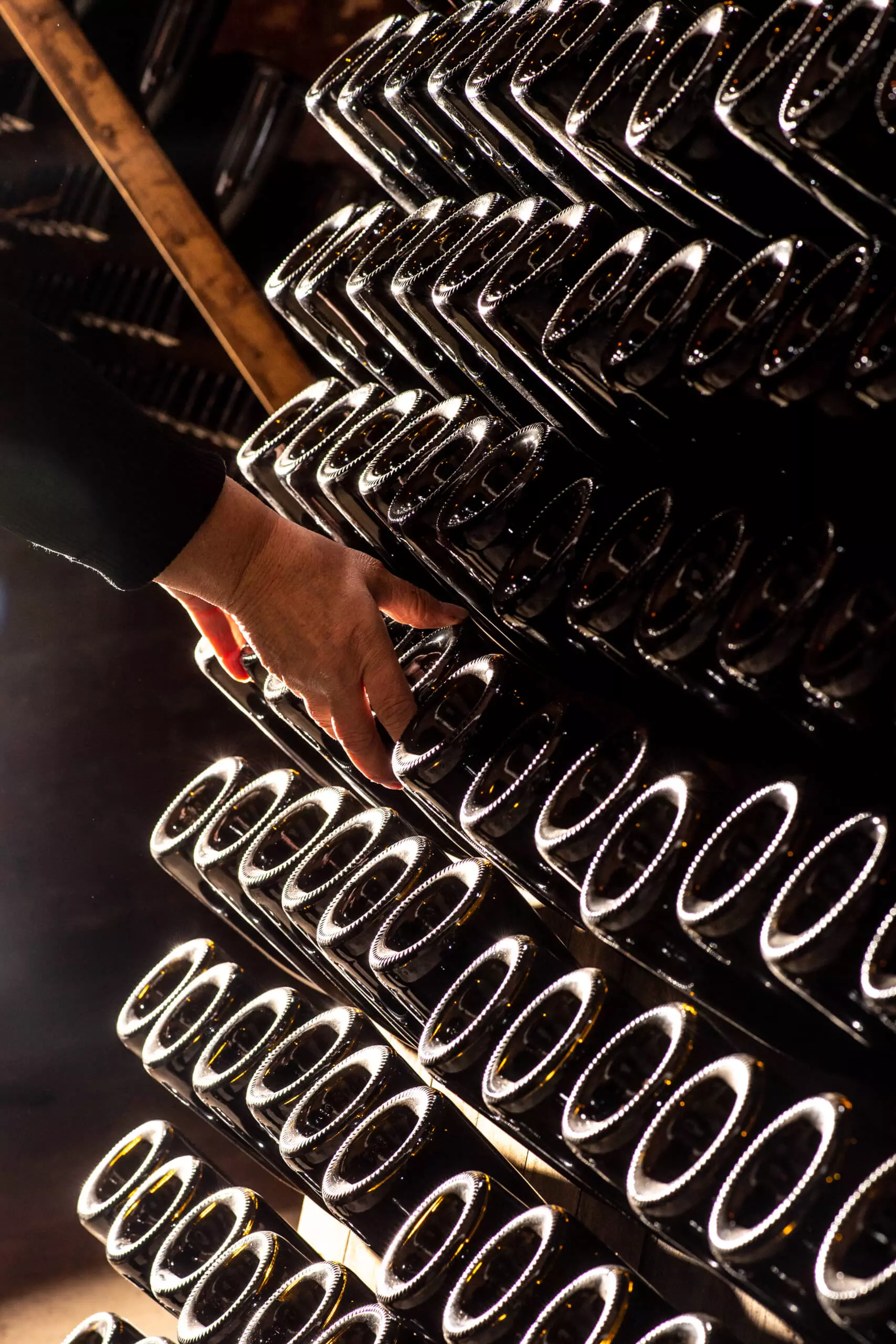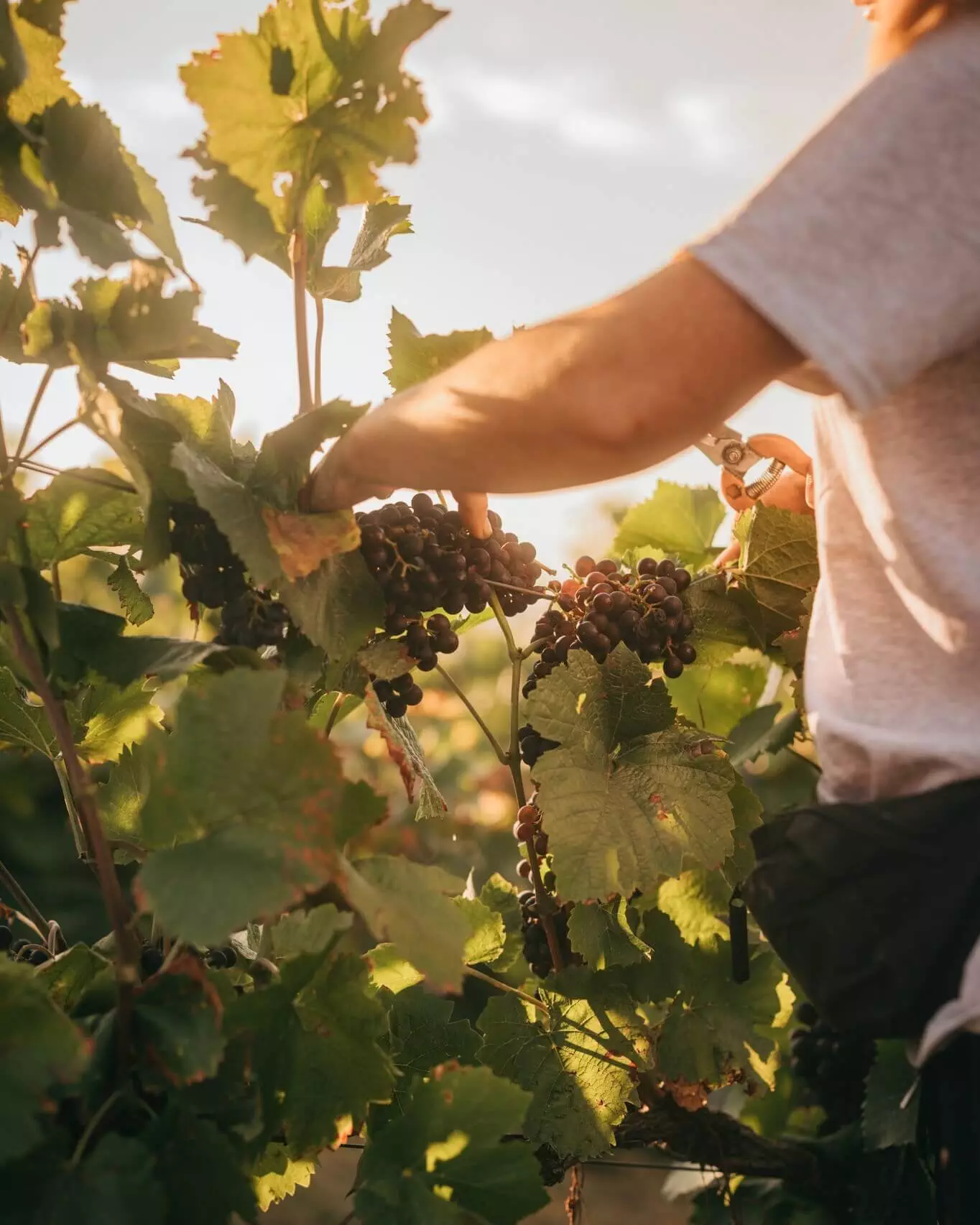Our Commitments

As heirs to a long tradition, we know the value of time and the meaning of the word ‘sustainable’. We also understand what it means to be ‘responsible’. Being true to these values is second nature to Philipponnat.
While in perpetual motion, we have always cherished these values, even before they became an established part of our company.
Our heritage is our land, our vineyards, and more broadly the vineyards of the whole Champagne region, to whom we offer our labour and from whom we draw our fruit. Sustainability, when you’ve been living it for 500 years, is more than just a concept – it is a very real aim and concern, the urgent necessity to do our utmost to ensure we last another 500 years.


Most of the twenty hectares of vines we grow in Ay, Mareuil-sur-Ay and Avenay-Val-d’Or are in the golden triangle of Premiers and Grands Crus. Our identity is rooted in the chalk. These centuries-old terroirs are both precious and fragile, and must be worked with respect.
For over thirty years, Philipponnat has only used organic fertilisers on its vines.
During the same period, we stopped using insecticides and started planting cover crops to enhance soil health, replacing all weedkillers with mechanical weeding in the forms of light ploughing and hoeing. In very steep terrain, bounded by stairways and low walls, this work resembles mountain viticulture, the sharp inclines being inaccessible to tractors and sometimes even tracked vehicles. Where this is the case, we work with small draught horses or windlasses, and sometimes even work by hand using scrapers, like the skilled gardeners of the past.
More recently, we have clarified the principles behind our viticulture:

For a long time, wine has been defined as the only ‘ingredient’ of itself. That’s what it is: the world’s greatest wine is nothing more than fermented grape juice. Our job is to carry out this organic transformation as simply and respectfully as possible, which means:
Our facilities and all our winemaking procedures are now certified organic.

Champagne Philipponnat is committed to a comprehensive Corporate Social Responsibility (CSR) approach that covers every aspect of its business and its economic, social, ecological and health impacts. Of course, we’ve been doing this for a long time, but we’ve made our approach to these issues more conscious and systematic.